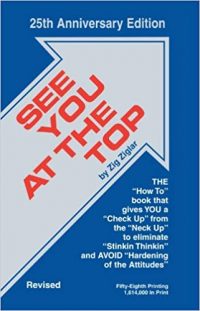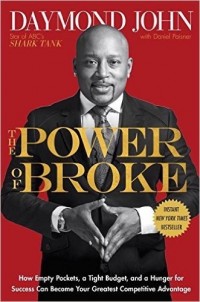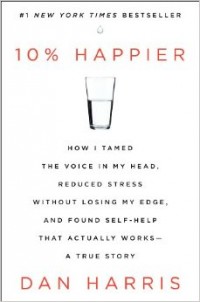About
In The Power of Habit, Charles Duhigg, award-winning business reporter for The New York Times, takes us to the thrilling edge of scientific discoveries that explain why habits exist and how they can be changed. By distilling vast amounts of information into engrossing narratives, Duhigg brings to light a whole new understanding of human nature and its potential for transformation.
Along the way, we learn why some people and companies struggle to change, despite years of trying, while others seem to remake themselves overnight. We discover the neuroscience behind how habits work and precisely which parts of the brain they develop and reside within. We discover how the right habits were crucial to the successful promotion of Pepsodent; to Tony Dungy who led his team to a Super Bowl win by changing one step in his players’ habit loop; and we learn how a large corporation managed to turned itself around by changing just one routine within the organization.
At its core, The Power of Habit contains an exhilarating argument: The key to exercising regularly, losing weight, raising exceptional children, becoming more productive, building revolutionary companies and social movements, and achieving success is about understanding how habits work. By harnessing this new science, we can transform our businesses, our communities and our lives.
Here’s what you’ll learn about in this summary:
- Why the brain tries to make routines into habits.
- How cravings create and power new habits.
- How to apply the golden rule of habit change.
- What “keystone habits” are and the importance of them in creating a new routine.
Tweetable summary
We become what we repeatedly do. An extraordinary life, then, depends upon extraordinary habits. —Click to tweet
Crucial quotes
“When a habit emerges, the brain stops fully participating in decision making. It stops working so hard, or diverts focus to other tasks. So unless you deliberately fight a habit—unless you find new routines—the pattern will unfold automatically.”
“Willpower isn’t just a skill. It’s a muscle, like the muscles in your arms or legs, and it gets tired as it works harder, so there’s less power left over for other things.”
“This is how willpower becomes a habit: by choosing a certain behavior ahead of time, and then following that routine when an inflection point arrives.”
Links:
Downloads:
![]()
This summary is for subscribers only…
Still not a member? Subscribe to start reading or listening to this book summary now.
Already a member? Log in here





